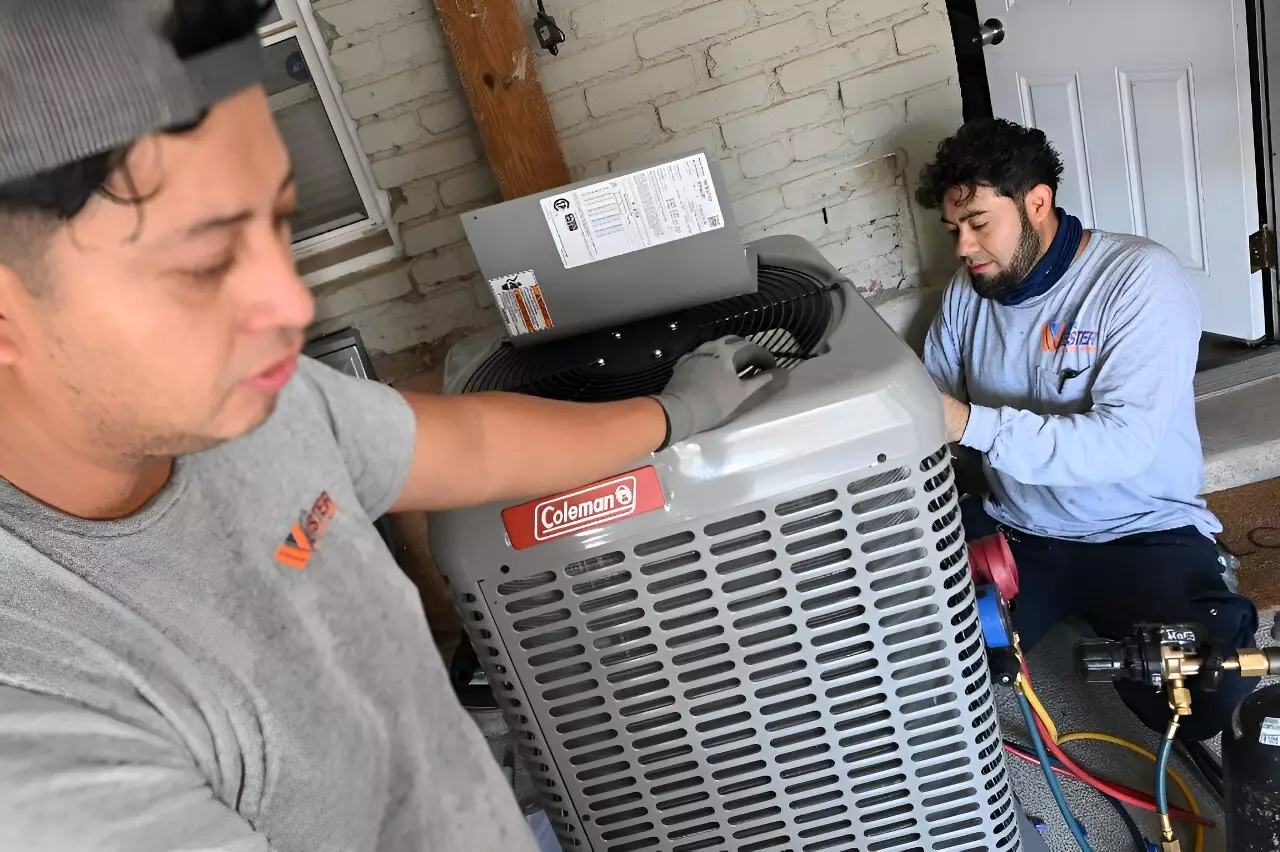As the United States continues to push towards greater home electrification in efforts to combat climate change, a key player in this movement is emerging – heat pumps. Often overlooked and less glamorous than electric cars or solar panels, heat pumps are becoming a vital component in the transition to more sustainable living. This article explores the growing popularity of heat pumps in the US, the challenges they face, and the potential impact they could have on reducing greenhouse gas emissions.
One of the driving forces behind the adoption of heat pumps in the US is the government’s efforts to incentivize their installation. The Inflation Reduction Act, part of President Joe Biden’s landmark climate bill, offers up to $2,000 in tax credits for those who install heat pumps. Additionally, low- and middle-income households can benefit from rebates and programs such as the Affordable Home Electrification program in Washington, which offers total home electrification at no cost. These financial incentives are crucial in making heat pump installations more accessible to a wider range of homeowners.
While the upfront costs of installing a heat pump may seem daunting, studies have shown that in many cases, they can be more affordable than traditional gas furnaces or water heaters. According to a report in the scientific journal Joule, heat pump air systems would be cost-effective in 59 percent of US households even without subsidies. This affordability factor is crucial in encouraging more homeowners to make the switch to heat pumps and reduce their carbon footprint.
Despite the potential benefits of heat pumps, there are still challenges to widespread adoption. Many homeowners, especially seniors on fixed incomes, are hesitant to make the switch due to lack of awareness or understanding of the technology. Advocates stress the importance of raising awareness and educating the public about the benefits of heat pumps. In addition, there is a need for more informed contractors who are knowledgeable about heat pump installations and can effectively communicate the advantages to homeowners.
The environmental impact of widespread adoption of heat pumps in the US could be significant. Full adoption of heat pump air systems has the potential to reduce national greenhouse gas emissions by five to nine percent, according to the April Joule report. Already, heat pumps have outsold gas furnaces in 2022 and 2023, signaling a shift towards more sustainable heating and cooling solutions. States with high heat pump penetration rates, such as South Carolina, demonstrate the potential for success in transitioning to this technology.
The rise of heat pumps in the United States represents a key step towards greater home electrification and reduced greenhouse gas emissions. With government incentives, affordability, and growing awareness, heat pumps are becoming an attractive option for homeowners looking to reduce their environmental impact. While challenges remain, the momentum towards heat pump installations signals a shift towards more sustainable living practices and a greener future for all.

